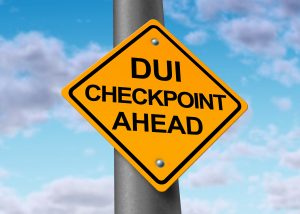Most DUI cases result from a police officer alleging that he/she observed the driver commit some traffic violation after which a traffic stop is conducted and a DUI investigation follows. If the police officer believes the driver is impaired from alcohol, the officer will arrest the driver and take him/her to jail. Only after the driver is booked into the jail is he/she asked to blow in the breathalyzer to try to determine his/her blood alcohol content.
Therefore, in most DUI cases, the police request that the driver submits to a breath test to try to find out the blood alcohol content. There are, however, other tests. Drawing blood and sending it to the crime lab is another way to try and determine a DUI suspect’s blood alcohol content. However, the police are not always allowed to request a blood to test alcohol content since that test is obviously more invasive than a breathalyzer test. A DUI suspect can always ask the police officer for an independent blood alcohol test, and the police have to accommodate the DUI suspect if it can reasonably be done. But, the police can only seek a blood test in certain circumstances.
One situation where a blood test is fairly common is when a DUI case involves a serious accident. After a serious accident, if the police officer believes a driver is drunk driving or impaired from alcohol, the police officer will want to try to find out the driver’s blood alcohol content. It may not be feasible to explain a person’s rights and administer the breathalyzer in some of these cases. For instance, if the driver is seriously injured and has to go to the hospital, it would not be possible to take the driver to jail and perform the breathalyzer test. In these cases, the police officer can request a blood draw to send the sample to the lab for testing later.
 Jacksonville Criminal Lawyer Blog
Jacksonville Criminal Lawyer Blog


